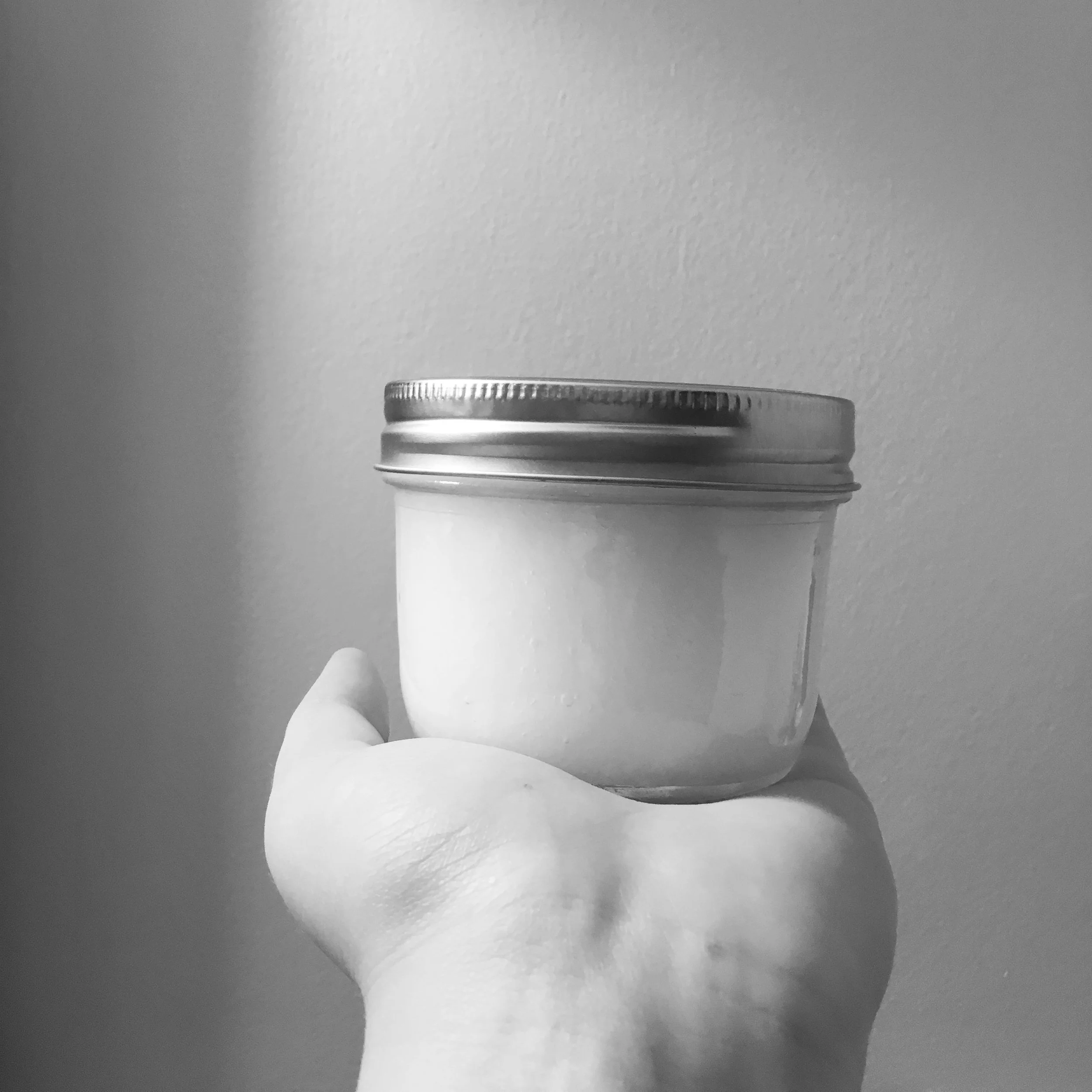It's been almost a year and a half since I started my worm bin at the tail end of winter last February. I had just begun diving into zero wasting and was trying every which way to reduce my waste and needless consumption, and found one of the best things I could do for the earth was compost!
Why I started composting
Once I really started to pay attention to what was filling up our trash, I quickly noticed it was food waste. Some of this was food scraps from peeling potatoes or cutting off nibs of carrots and onions, and some unfortunately was food that had just gone bad before I had a chance to eat it.
To resolve the latter problem, I became more mindful of what I was buying and how much. I noticed when I went to the grocery store I would just buy the usual things without much thought. I often didn't think to check if we already had what I was buying and often didn't have a plan for the food I was buying. Now when I go shopping, I make sure to look at all the food I have and make sure only to get what I need.
I also will only buy something if I need it for a meal I have planned for that week. Planning meals has been a really important concept for me because I used to come home after work and have no idea what to make and would often be missing a couple key ingredients for things I wanted to eat. Since I plan my meals now and often cook batch meals in advance, I don't have that problem and my decision fatigued brain is very appreciative!
Now to tackle the former problem, I decided to take up vermicomposting or worm bin composting to manage the amount of food waste. Instead of throwing my food scraps in the trash to then sit in a landfill forever, this seemed like the best solution for me. Being a vegetarian, it was pretty easy for me since the worms and I basically have the same diet! They've actually encouraged me to eat healthier since they can't eat processed foods, dairy, meats, etc.
How I set up my bin
Worms escaping the bin
Just like starting anything new, the beginnings of setting up my bin was a definite learning curve.
Something to keep in mind is that it can take anywhere from a few days to a few weeks for your worms to acclimate to their new environment. This might mean that they'll stay huddled together in a corner for a while and not eat or it could mean that they try to escape in any way possible. Unfortunately, I experienced both of these scenarios.
The first couple of days they we're huddled together because they were cold (it was winter and they were in the garage) and they weren't used to their new home yet. Once they started to get settled in they began migrating around the bin in search of food and before I knew it I was overfeeding my bin and they were all trying to escape. They were climbing up the walls, huddling against the lid of the bin and trying to escape through the air holes.
Once I realized what was happening I took out almost all the food, put it in the freezer, and placed the worms back under the soil. Then I left the lid off the bin and placed a bright light directly over it for two days. Not only did this provide them with warmth, but it encouraged them to burrow back under the soil because worms don't like bright light. Don't get me wrong, take the lid off a bin that had worms desperately trying to escape it was terrifying to me and seemed totally unintuitive, but once I sat and watched the bin for about 10 minutes and saw them actually crawling back inside I felt much more confident and at ease.
Finding a feeding balance
After a few weeks, the cycle of having the worms trying to escape and being lured back into the bin finally started to subside. I was slowly learning how to balance everything from how much food to put in, how often to feed, and what to feed them. I learned pretty quickly not to put too much food in the bin at once. I learned to carve a couple of small holes out of the soil, drop in whatever food scraps would fit in, and then whatever was left over I would freeze. Then I would cover the food with soil and give the bin a spritz of water to keep the soil a moist consistency.
Tip: Freezing and thawing food actually helps it break down faster, it becomes mushy and is easier for the worms to eat!
I started out with a regular feeding schedule where about twice a week I'd add food to the bin without really paying attention to how the worms were doing breaking down the food already in there. This was another time over feeding would occur and it would be too much for them. Now before I feed them, I take a second to sift through the bin just to make sure that there's not too much food already in there.
Another issue I've had is with what I've been feeding them. Sometimes I put too much of one thing (like potato skins) and they just get sick of eating potato skins. Like any of us, worms like variety in their meals too! You'll notice they're sick of something if week after week the same food is still untouched. Now I make a point to add a variety of fruits and vegetables and freeze excess foods for a later time.
Wanting more from my bin
I'm not going to lie, it's been an amazing experience building up my worm bin from scratch and watching my food waste be transformed into nutrient rich soil - it's magic. I never thought much about how soil was formed, the decomposition process, or much else about the world around me until recently. Now that I'm starting to gain an understanding about how things work I want to know more and do more!
That being said, I've been frustrated that I'm not able to compost all of my food waste because my bin just can't keep up with it. I've decided I'm going to build another bin, an outdoor composting bin without worms, to compost the majority of my food scraps. I'm going to DIY the bin again and build this one out of a trash can and will record the entire process! Stay tuned for an update on my outdoor bin!
Maintaining a healthy worm bin
Like I said, when I started off my bin, it was a bit of a learning curve. I had to learn to pay attention to my to my worms, be more mindful of the food I was eating and buying, and learn how to manage my bin. Now that I've gone through all of this trial and error for over a year, I've figured out that my bin works best when I just let it be, occasionally add a variety of foods, and keep it a moist consistency. Your bin should never smell like anything other than soil and should not attract flies or animals. The way to avoid this is to maintain a healthy balance of green (food scraps) to brown (paper, soil, etc.) materials, cover any foods you add with soil and/or other brown materials, and make sure to put in the right foods (i.e. no meats, dairy, oils, citrus, cooked foods, etc.). Once you start really paying attention to your bin, you'll find that it's actually pretty simple to maintain a healthy environment for your worms and you can feel good about leaving valuable foods out of the landfill!
Happy Composting!
Chelsea









Kitchens are riddled with toxic and disposable items - there is so much potential for reducing waste and toxicity!
Disposable products may appear to be cost effective however, the fact that you need to keep buying them indefinitely has proven to be more costly, and the lack of quality in these disposable products have proven to be costly for our health too.